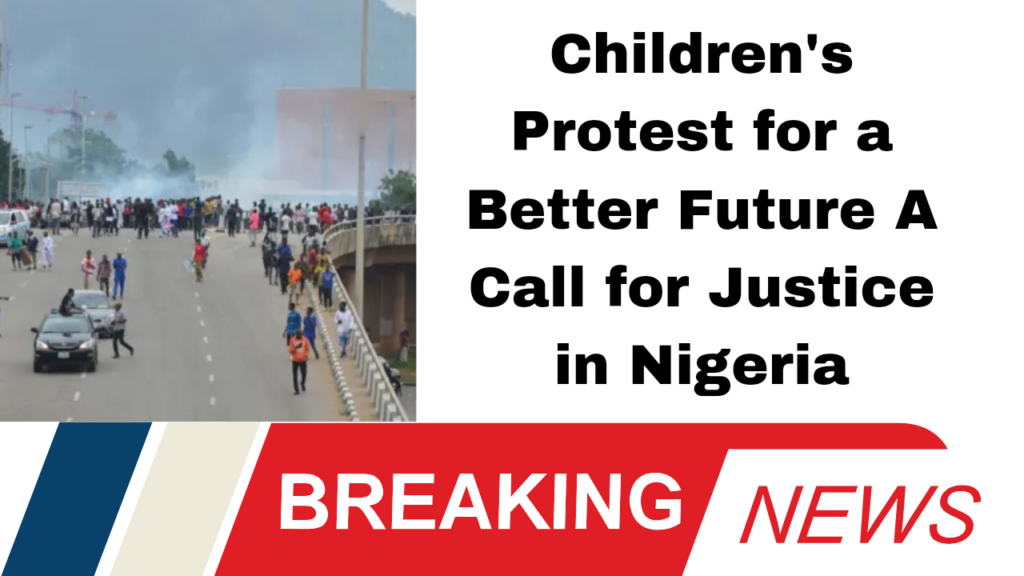In a shocking development, 29 minors in Nigeria could be facing the death penalty after being charged for their participation in a protest against the nation’s escalating cost-of-living crisis. The children, aged between 14 and 17, were arraigned in court on Friday, where four of them collapsed from exhaustion before they could enter a plea.
A total of 76 protesters were charged with multiple felonies, including treason, destruction of property, public disturbance, and mutiny. The charges reflect the mounting frustration among citizens over economic hardships, which have sparked widespread protests across the country. In a particularly violent protest in August, at least 20 people were killed, and hundreds were arrested while demanding better job opportunities for the youth.
Legal Concerns Child Rights at Stake
Legal experts are raising alarms about the implications of these charges. Akintayo Balogun, a private lawyer based in Abuja, stated that the Child Rights Act prohibits the criminal prosecution of minors in Nigeria. “It is fundamentally wrong to take children before a federal high court unless the government can prove they are all over 19 years old,” he explained.
Despite the serious nature of the charges, the court granted bail of 10 million naira (approximately $5,900) to each of the defendants, imposing strict conditions they have yet to meet. Marshal Abubakar, a lawyer representing some of the minors, emphasized the injustice: “A country that has a duty to educate its children should not punish them. These children have been in detention for 90 days without food.”
Yemi Adamolekun, executive director of the civil society organization Enough is Enough, condemned the government’s actions. “Authorities have no business prosecuting children. The chief justice of Nigeria, as a woman and a mother, should be ashamed of this,” she stated, highlighting the ethical implications of such legal actions against minors.
Despite being one of Africa’s largest crude oil producers, Nigeria grapples with widespread poverty and chronic corruption, which exacerbates the disparity between public officials and the general population. The nation is currently experiencing its highest inflation rate in 28 years, with the naira plummeting against the dollar. As a result, Nigeria has been classified as a “hotspot of very high concern” by United Nations food agencies, with millions facing critical levels of acute food insecurity.
The plight of these minors raises urgent questions about justice, child rights, and the broader economic issues facing Nigeria. As protests continue to erupt across the country, the need for systemic reform and compassionate governance has never been more critical. The world watches as Nigeria navigates this tumultuous period, hoping for a resolution that prioritizes the rights and well-being of its youngest citizens.
